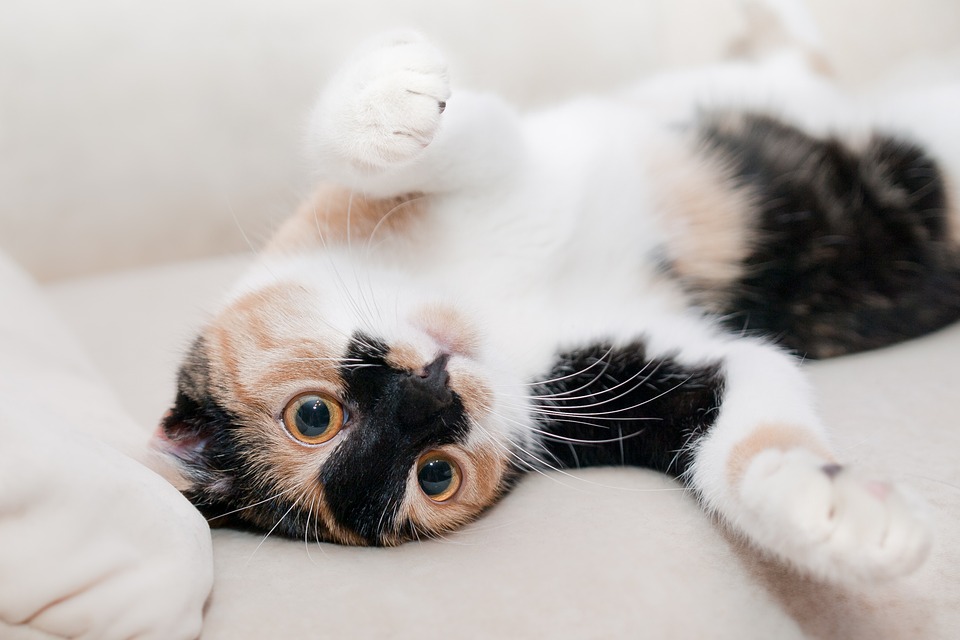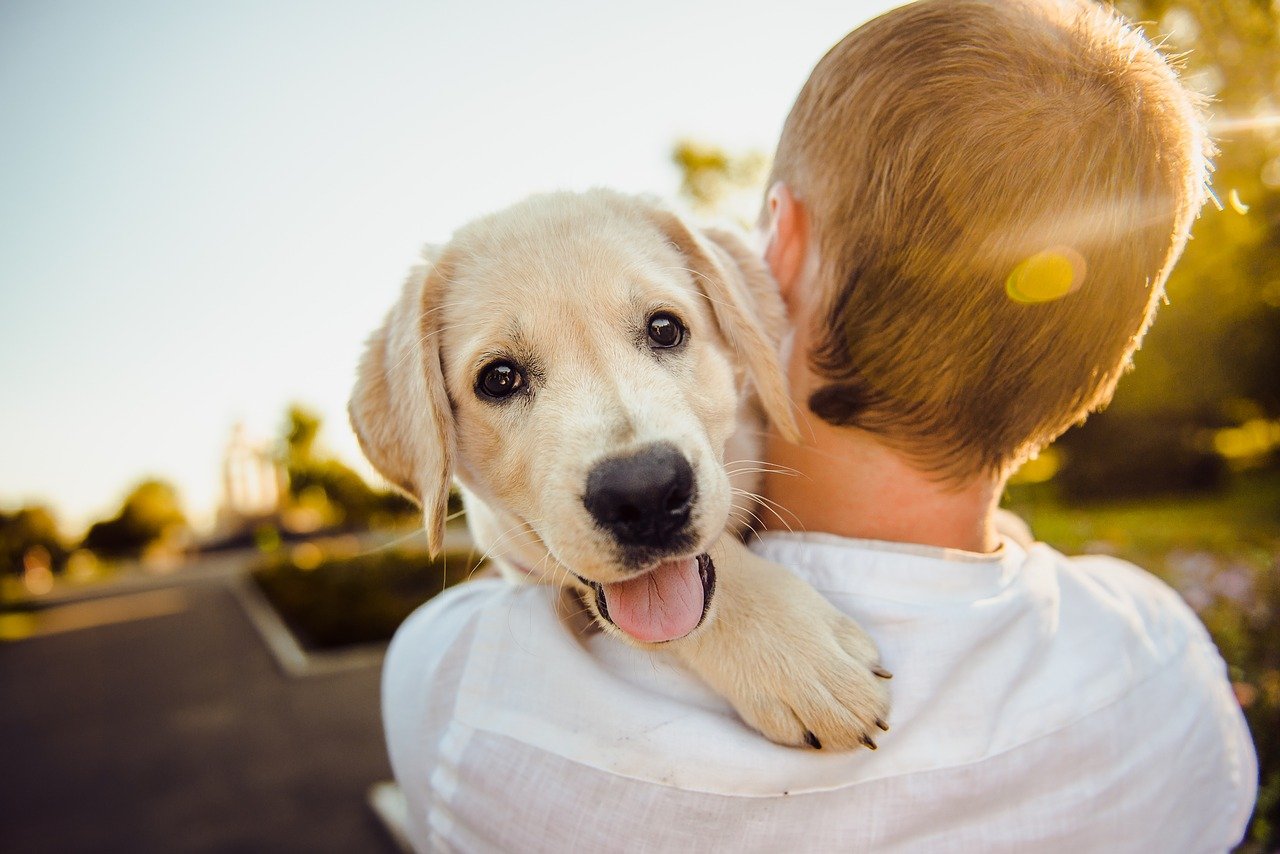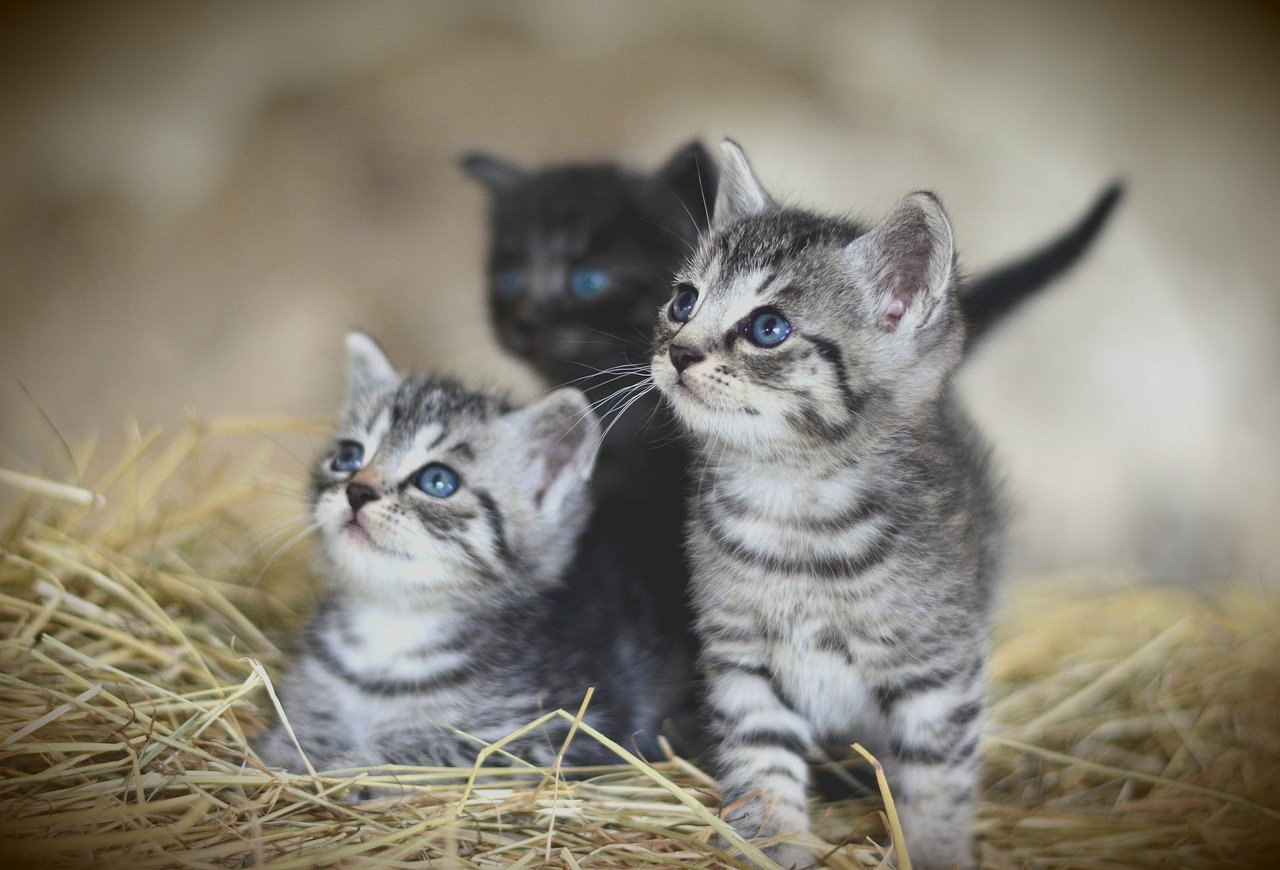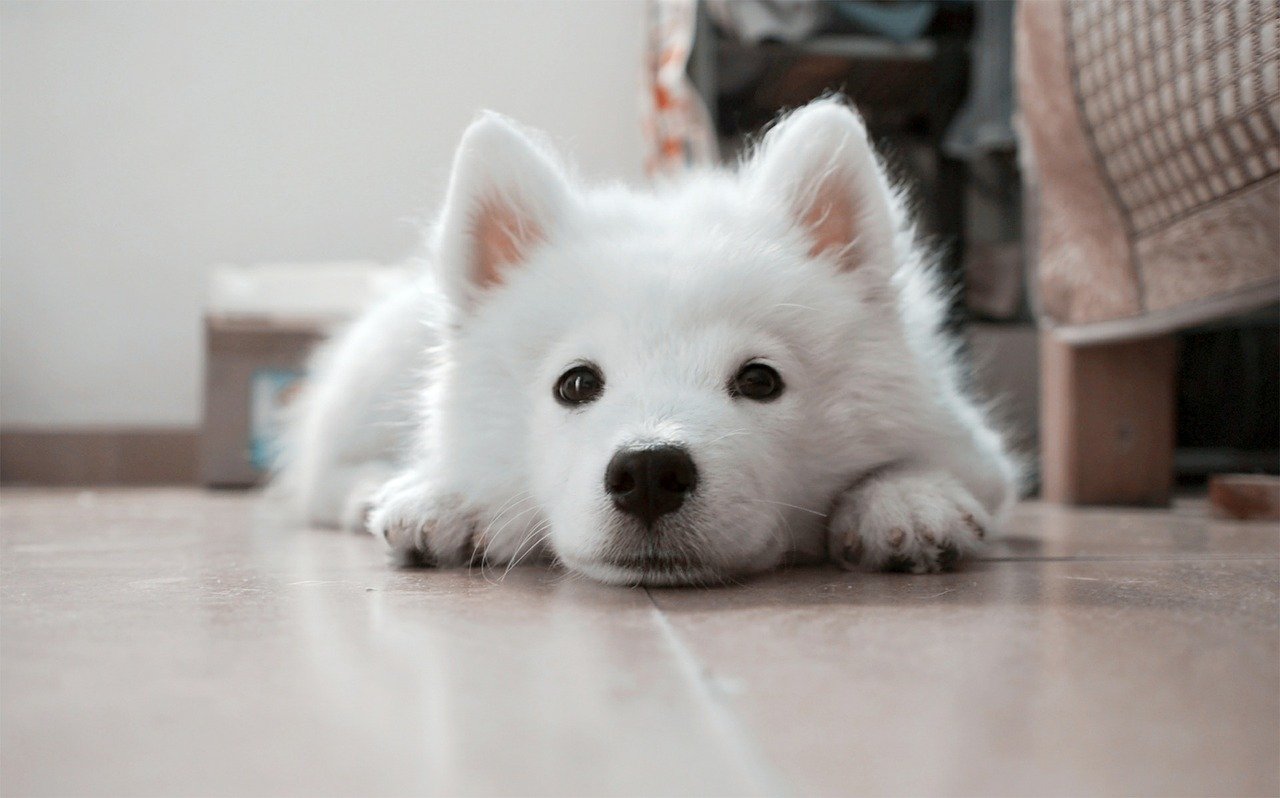Magnificent Siberian Cat - Breed Characteristics, Needs and Care
Are you considering getting a Siberian cat? It's a special type of breed, distinct not only for its looks but also personality. As many claim, the Siberian cat is hypoallergenic and doesn't induce allergies as much as other animals, hence the high popularity of this breed. Siberian cats are a perfect choice for those who love having an energetic pet. Check the characteristics of the Siberian cat breed and learn how to take care of this pet.
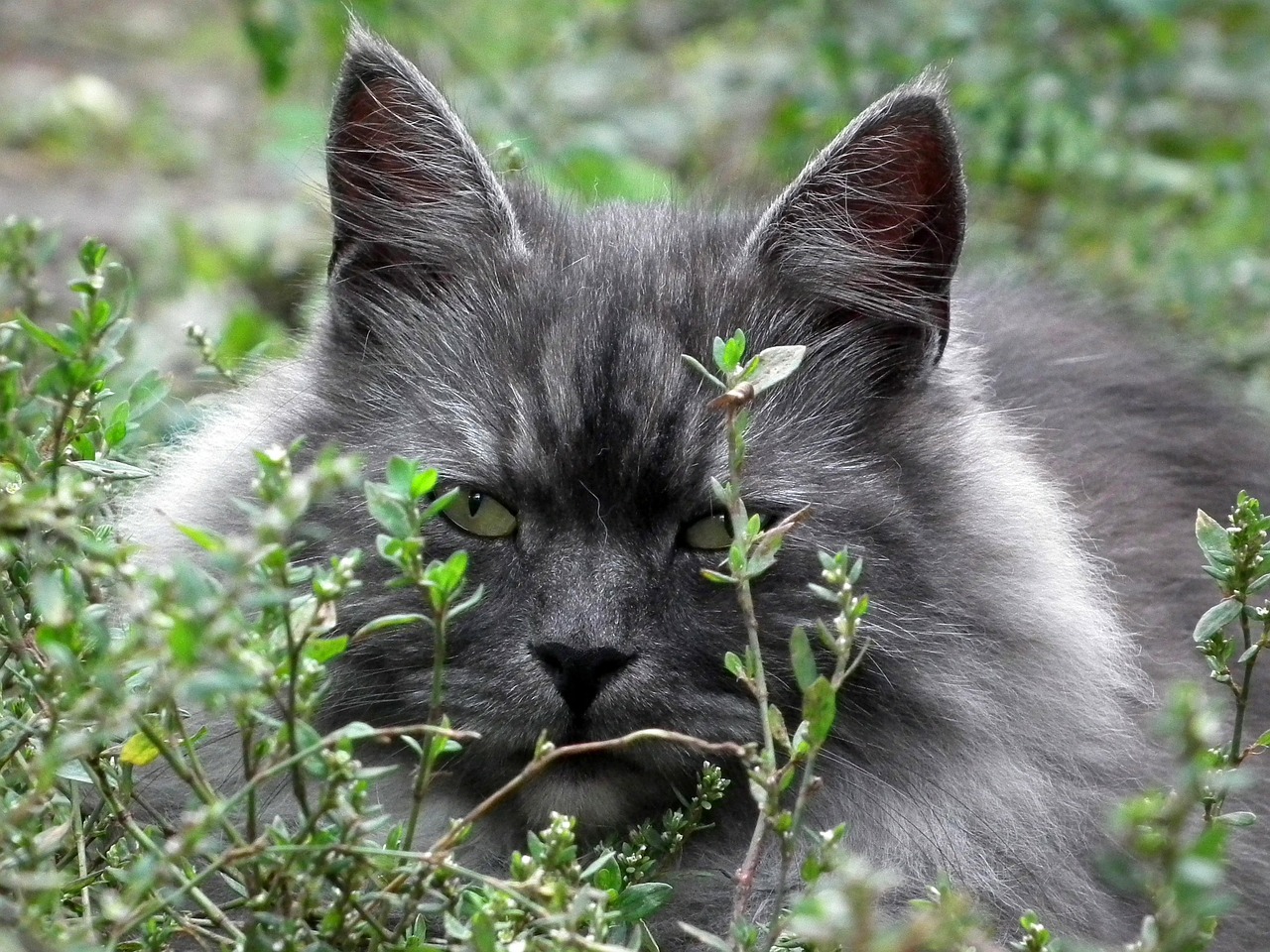
What does a Siberian cat look like?
The Siberian cat looks quite different than your typical domestic furball, and it’s easily to spot at first glance. It’s distinct for its very thick underfur. Despite the volume, it can also dry very quickly.
A lot of hairs between pads is another characteristic feature. It is a form of adaptation of the Siberian cat to natural weather conditions in its original habitat. The long, fluffy tail is also very important.
Many think that the Siberian cat closely resembles another breed - Maine Coon. You can, however, note some differences - for instance, in their size. The Siberian forest cat is much smaller, although it has a more muscular and impressive body.
As for the fur, the Siberian cat has many different colors. There are many options, in this case. Keep in mind, though, that many experts exclude animals with chocolate and cinnamon coat color.
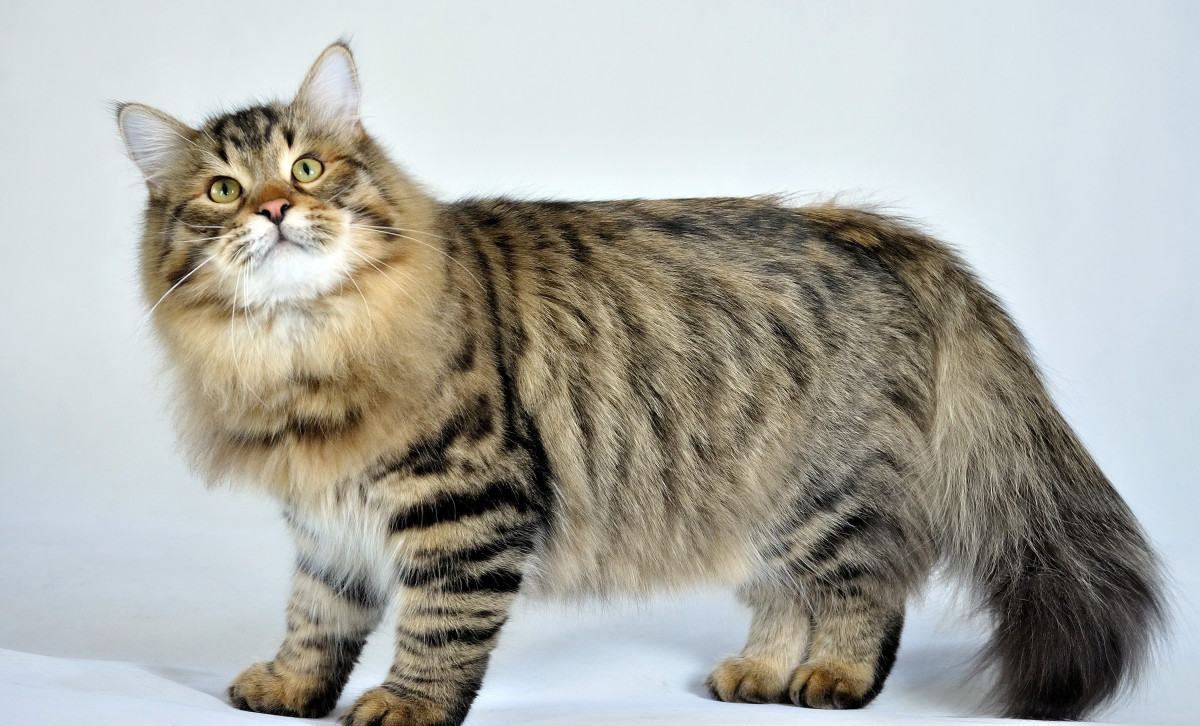
Where does the Siberian forest cat originate?
It is assumed that Siberian cats are native to Russia. It shows in their natural adaptation to low temperatures. Although they were known much earlier in the areas they come from, they were introduced to the Western world quite late. They are still quite rare in some countries.
Siberian cat - personality and temperament
The Siberian cat is a very energetic and sociable animal. In most cases, it has no problems with other animals or functioning among people. It quickly gets attached to its owner and spends a lot of time with them. When left alone at home - Siberian cats need entertainment. We recommend setting a corner where the animal could climb.
The Siberian cat often wait for their owners by the door and sense their soon arrival. It likes to show its contentment by purring and meowing.
The Siberian cat has no problems with strangers. If you want to invite guests, you don’t have to worry about weird behaviour of your cat. On the contrary - it will probably jump on the lap of your friends and let them pet it.
Remember that if the animal behaves differently, it might mean it has some issues. You might need help from a cat behaviourist who can check the reasons behind them.
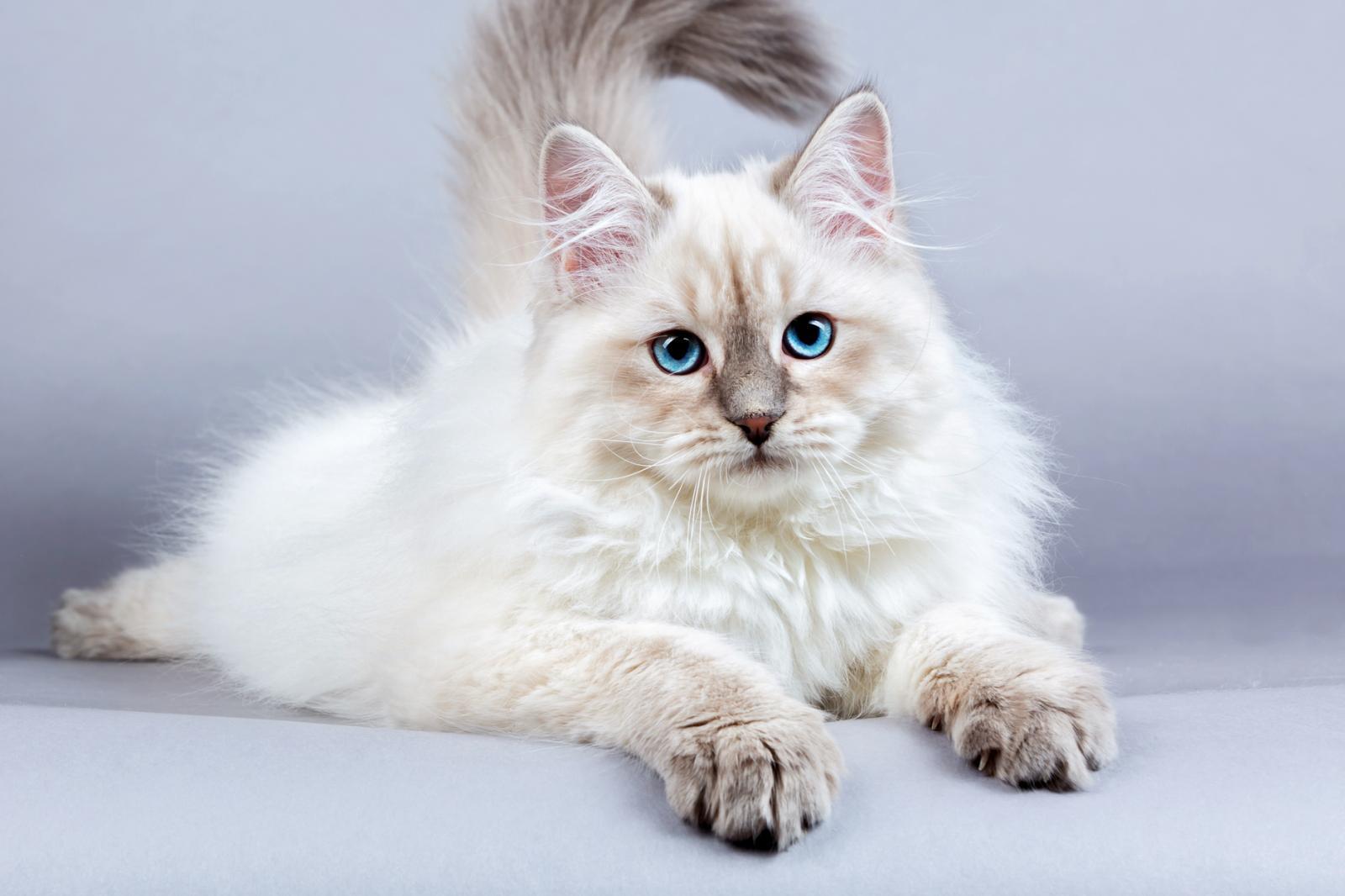
What is the typical diet of a Siberian cat?
The Siberian cat is a carnivore, so just like other animals, it needs meat in their diet. This way, you provide it with enough proteins. But be careful about carbohydrates in the Siberian cat’s diet.
Perhaps the first visit at a veterinarian will be helpful in this case. The doctor can give you useful tips about feeding and suggest which food to pick.
Siberian cat - care
The Siberian cat has very thick fur, so grooming is the basic element of its care - you might have to do it even every other day. Thanks to it, you can remove any residues that might appear and cause tangles in the hair.
Exercise is very important for Siberian cats. They can live indoors, as they are domestic animals - but if so, consider taking them for walks. This way, you can prevent them from getting obese, which might cause serious health issues.
The Siberian forest cat also needs oral care. Brush its teeth at least once a week, which prevents serious inflammation.
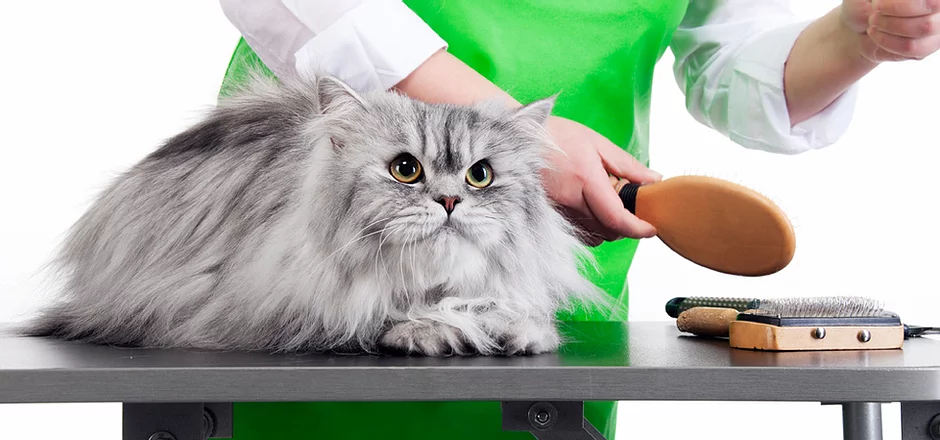
What are the most common health issues of the Siberian cat?
The Siberian cat, if provided with care - is quite a healthy animal, not prone to any illnesses. Thanks to this, cats of this species live for a very long time. Some of them can reach even 20 years.
Inherited heart disease is possibly the only serious threat which might lead to death - HCM called hypertrophic cardiomyopathy.
When you decide to get a Siberian cat from a breeder, you can ask for test results for this issue, as a confirmation that the animal is healthy.
Is the Siberian cat good for children?
The Siberian cat has a very mild, cheerful personality, so it’s a good breed for small children. It’s a perfect playmate. Don’t worry about picking this animal if you have a toddler at home. They will surely find a common ground in no time.
If you have already adopted an animal, you have to find a good name for it. Perhaps you can use some popular cat names and let your child pick the one they like the most.
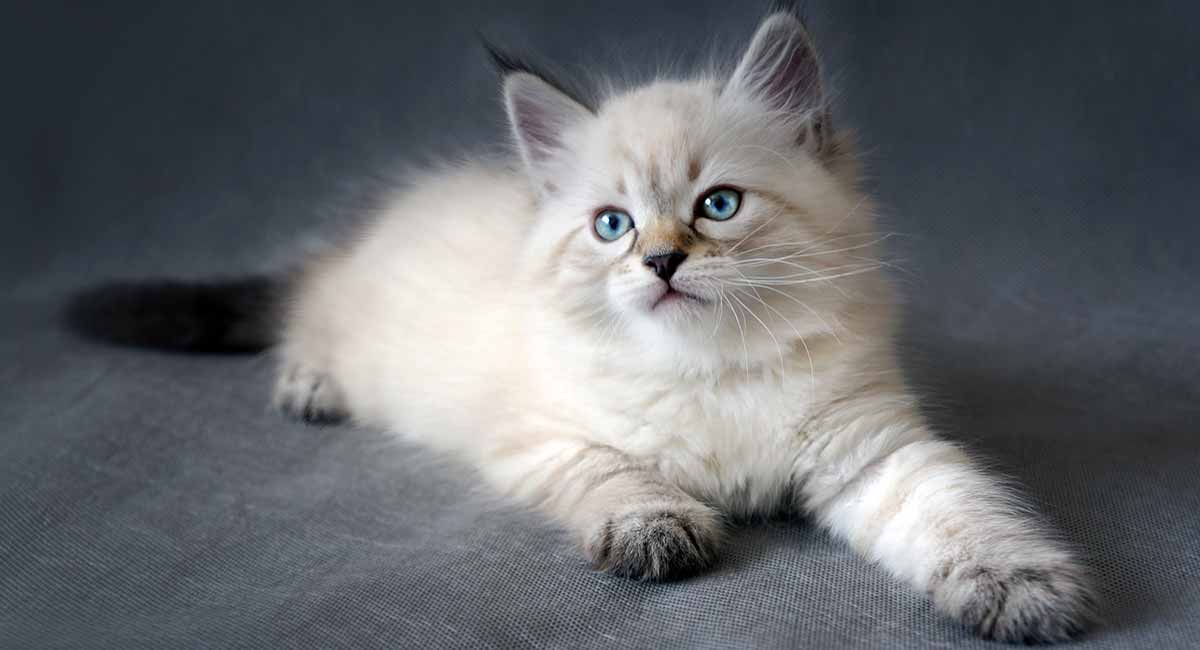
📍 How long does the Siberian cat live?
The average lifespan of the Siberian cat is 12-13 years. Keep in mind that healthy animals with good care and feeding can live up to 20 years, which is a very good result.
📍 How much does a Siberian cat cost?
The prices for Siberian cats vary. Everything depends on the breeder, as well as the gender and age of the animal. For this reason, make sure to browse through all offers before making a decision.
📍 How much does a Siberian cat weigh?
Despite the muscular body, the Siberian cat doesn't weigh much - it's from 4 to 10 kg. A lot depends on whether it's a male or female. The age of the cat also is an important factor here - the upper limits concern several-years-old cats.
Featured articles
Maybe you're interested

